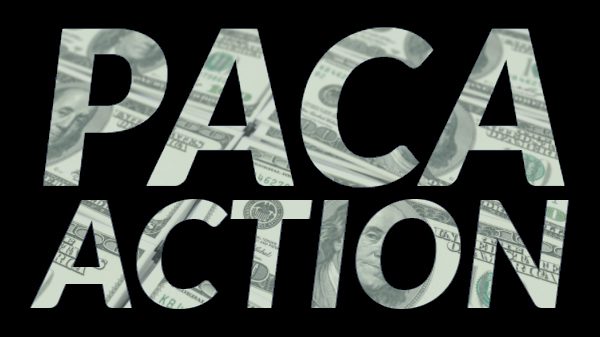Welcome to Blue Book!
Are you ready to join the thousands of companies who rely on Blue Book to drive smarter decisions? View our plans and get started today!
Still have questions? We’d love to show you what Blue Book can do for you. Drop us a line– we’ve been waiting for you.
Importers will bear the risk that imported food not transported in accordance with STF regulations will be determined to be adulterated and refused admission into the United States. In addition, importers of food will soon be required by the FDA to verify that their foreign suppliers can demonstrate food shipments meet government requirements.
While some importer risks will decrease through the responsibilities imposed on shippers and carriers by the STF rule, importers’ responsibilities for safe and sanitary imported food will increase upon implementation of final Foreign Supplier Verification Program (FSVP) rules. Risks associated with transportation practices are specifically designated among the risks that must be evaluated.
Importers must perform a hazard analysis for each food imported, including the identification of any known or reasonably foreseeable hazards. If hazards are identified, a hazard evaluation must be performed to consider the effect of ten distinct factors, including transportation practices. Importers may rely on their review and assessment of a foreign supplier’s hazard analysis, but if significant hazards are identified, they must be controlled.
FINAL THOUGHTS
The FDA’s deadline for issuing the final rule, as established by the federal court settlement on FSMA implementation, remains March 31, 2016. While there have been supplemental proposed rules issued for many FSMA regulations and the FDA has been asked to allow further stakeholder comment on the upcoming STF rule, it is unknown whether it will do so.
In conclusion, importers of food should assess the risks of transportation practices contributing to the adulteration of food. Care should be taken in selecting foreign suppliers who will then be responsible shippers in selecting and instructing carriers on the appropriate transportation conditions and equipment needed to comply with the new rules and requirements. When importers take direct responsibility for arranging for or actually transporting food, they may also find they are responsible for the safety of the food as the shipper or carrier as well.




